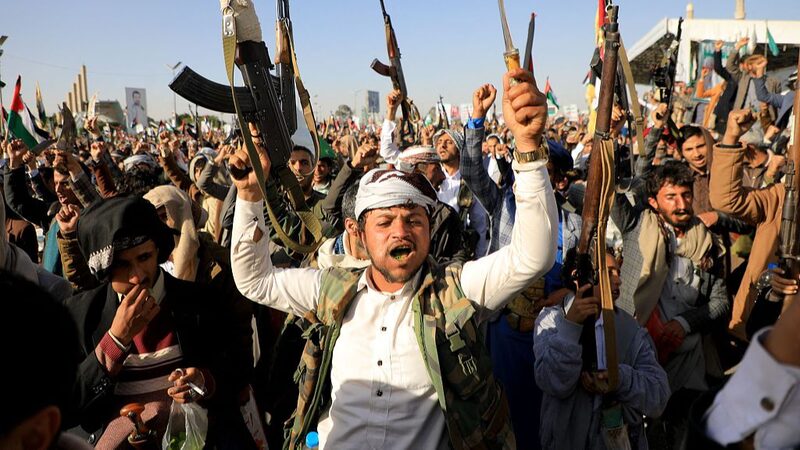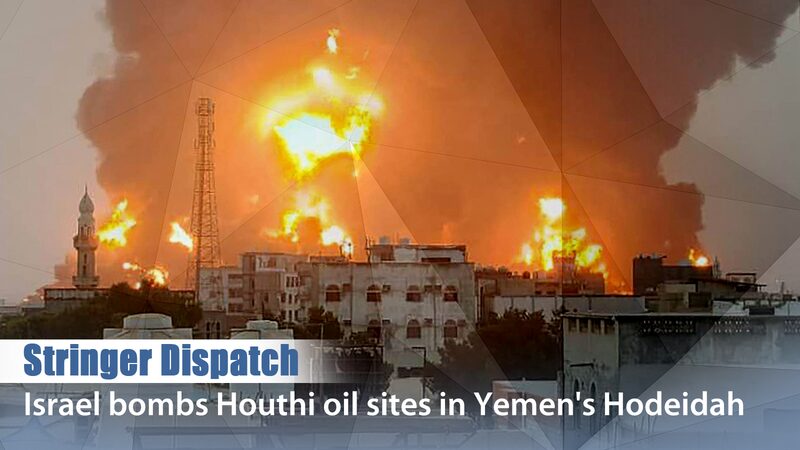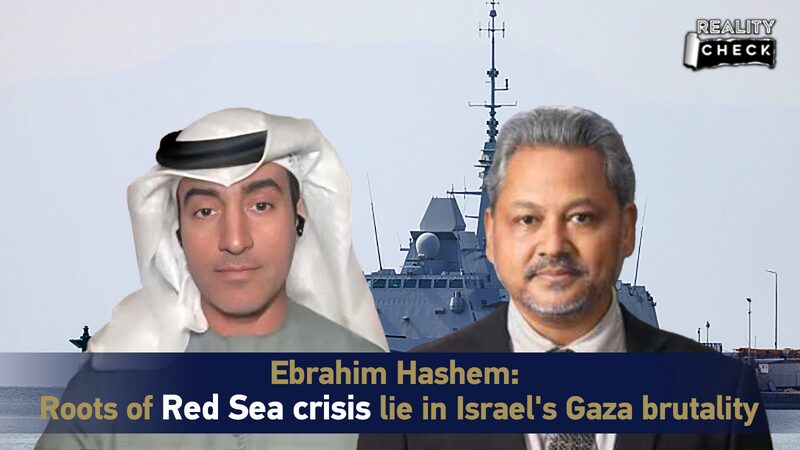Tensions in the Red Sea have escalated following recent naval strikes by the United States and the United Kingdom on Houthi military positions in Yemen. The attacks have raised concerns over regional stability and the potential impact on international trade routes critical to both Asia and Europe.
On January 12, U.S. and British naval forces launched strikes targeting 16 sites, including Yemen’s capital, Sanaa, and the strategic Red Sea port of Hodeidah. The strikes were in response to alleged threats posed by the Houthi movement to maritime navigation in the region. However, these actions have sparked fears of a wider conflict, with potential reprisal attacks expected from the Houthis.
Impact on International Trade
The Red Sea is a vital corridor for global trade, with approximately 40 percent of goods exchanged between Asia and Europe passing through its waters. Prolonged instability in the region threatens to disrupt shipments of oil, liquefied natural gas, food products, and grain exports. Countries such as Sri Lanka, Bulgaria, Jordan, and Greece could face significant economic repercussions due to these disruptions.
Shipping companies, including Maersk, MSC, and Hapag-Lloyd, have expressed concerns over the safety of their operations. Vincent Clerc, CEO of Maersk, indicated that normal trade through the Red Sea might be months away from resuming amid ongoing tensions.
Calls for Restraint and Dialogue
Amidst the escalating situation, calls for de-escalation and a return to diplomacy have intensified. China's Foreign Ministry has urged all parties to exercise restraint and prevent further expansion of the conflict. Foreign Ministry spokesperson Mao Ning emphasized the importance of maintaining security and stability in the Red Sea, highlighting its significance as an international trade route for goods and energy.
"We hope all sides act responsibly and in accordance with the common interests of the international community," Mao Ning stated, advocating for open lines of communication and diplomatic efforts to resolve the crisis.
Humanitarian Concerns
The escalation also exacerbates the humanitarian crisis in Yemen, a country already grappling with years of conflict and widespread suffering. Renewed military actions threaten to derail previous efforts aimed at initiating dialogue between conflicting parties. Three years prior, the Houthi movement had called for negotiations under the auspices of the United Nations and involvement from international stakeholders, including Gulf states and other nations.
Regional Stability at Risk
The expansion of military operations in the Middle East raises alarms over regional stability. The recent actions by the U.S. and the U.K. may lead to unforeseen consequences, potentially igniting a broader conflict that could impact global economic conditions. Observers stress the need for strategic wisdom and caution to avoid further destabilization.
The Path Forward
As tensions mount, the international community underscores the importance of de-escalation and pursuing diplomatic solutions. Ensuring the safety of critical trade routes like the Red Sea is paramount for global economic stability. Stakeholders are encouraged to prioritize dialogue and address underlying issues through peaceful means to prevent further deterioration of the situation.
Reference(s):
De-escalation and restraint are needed to resolve the Red Sea crisis
cgtn.com





